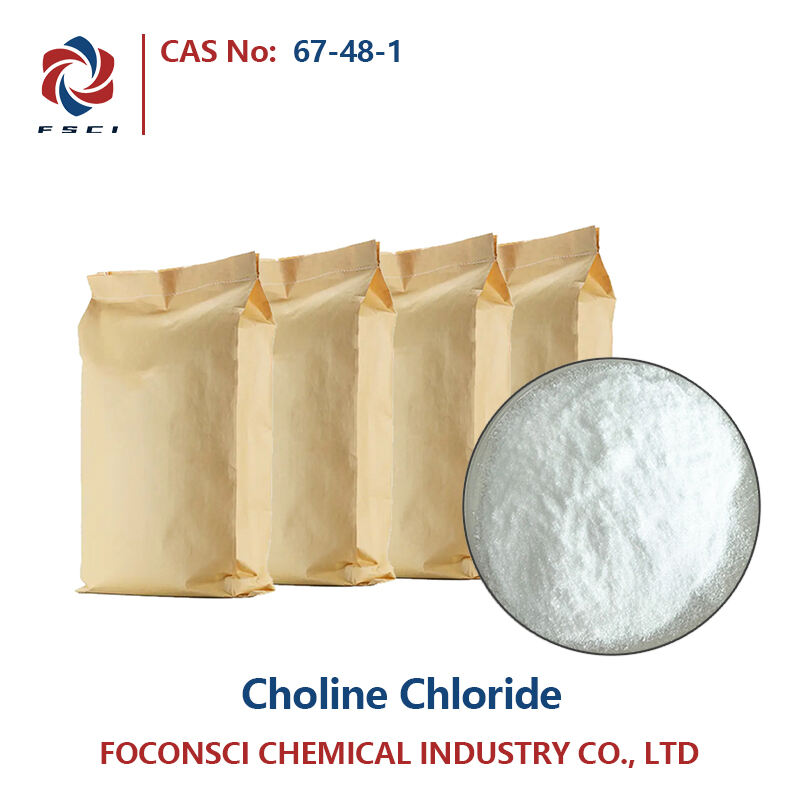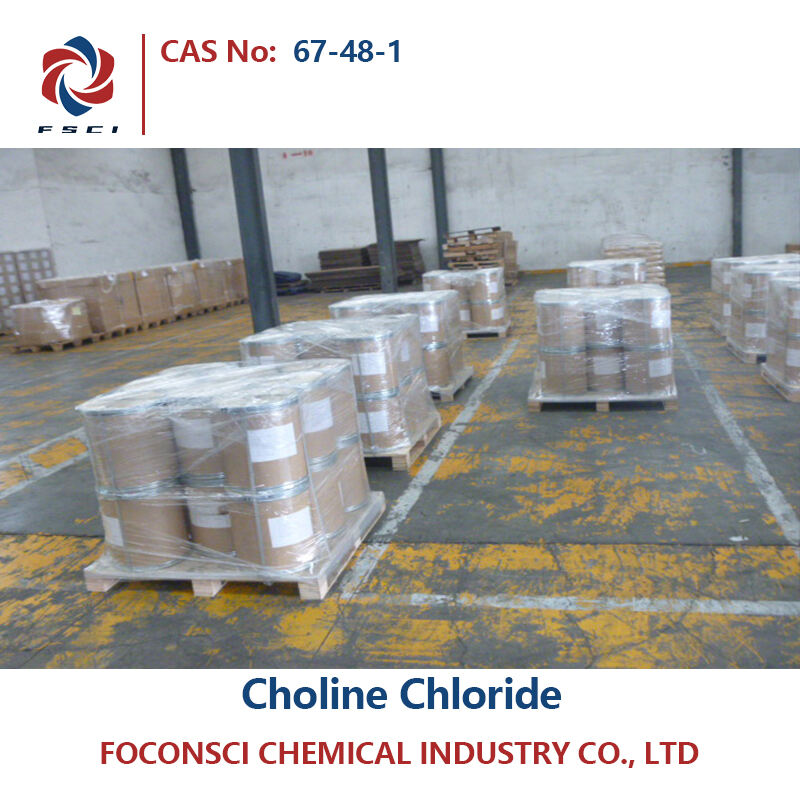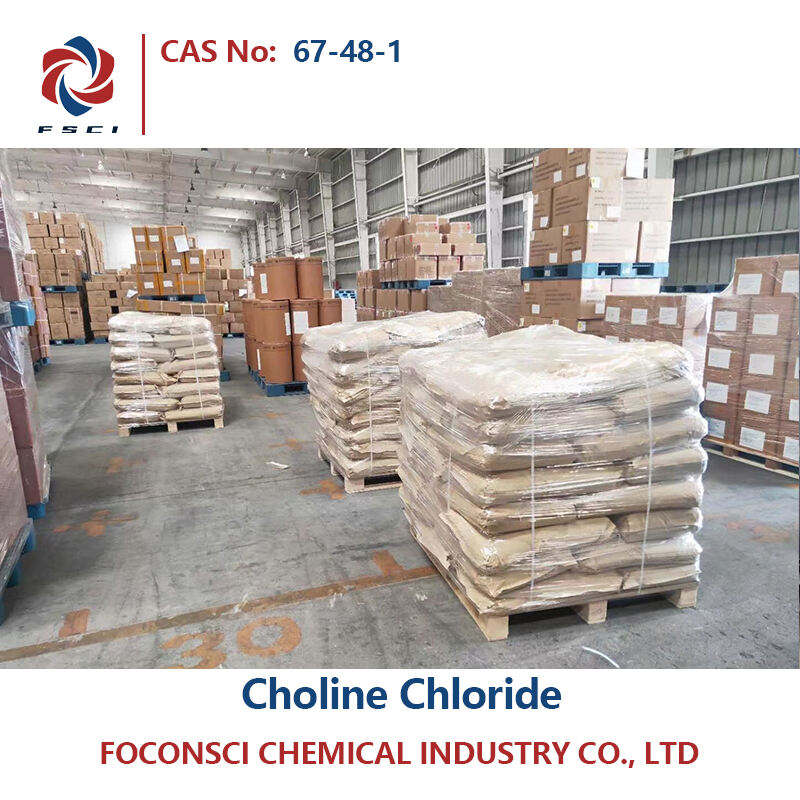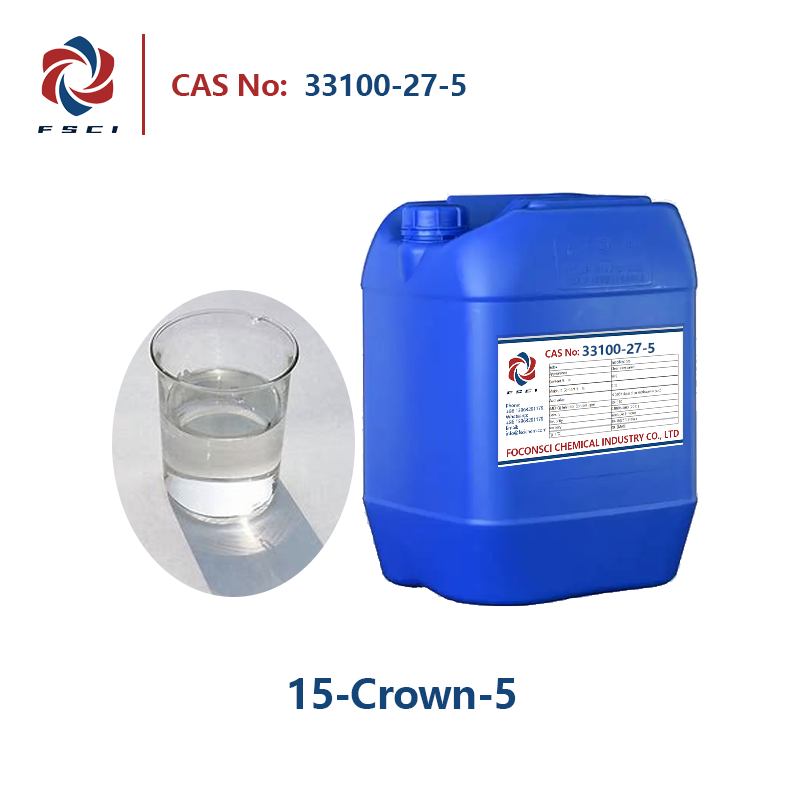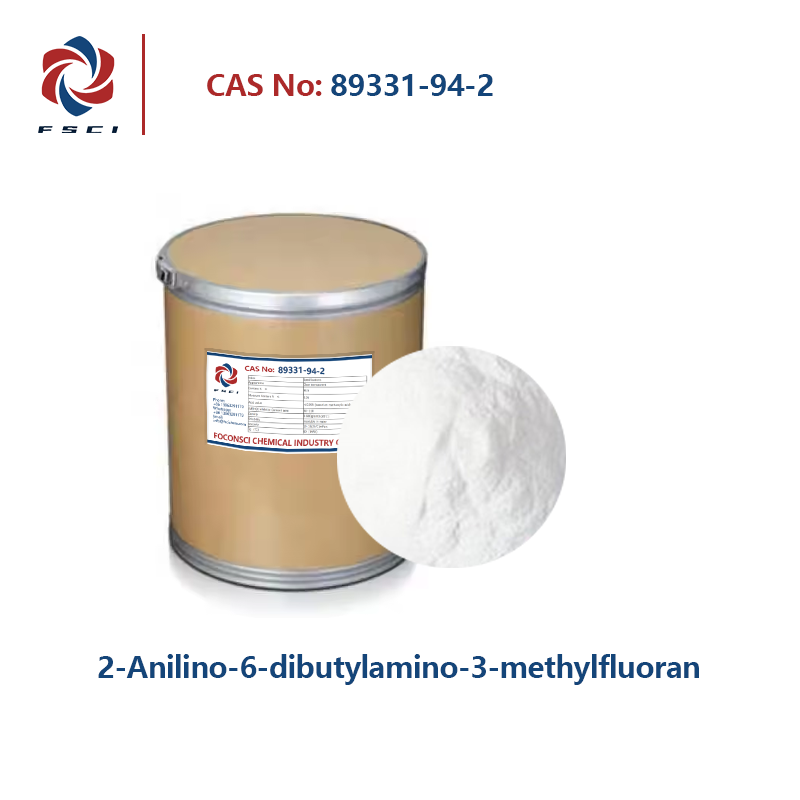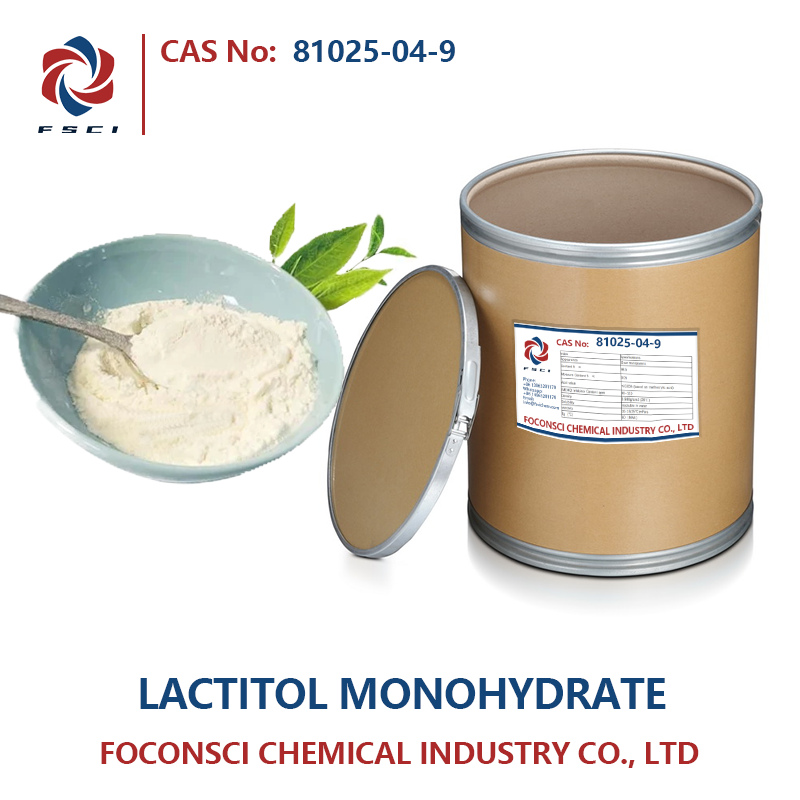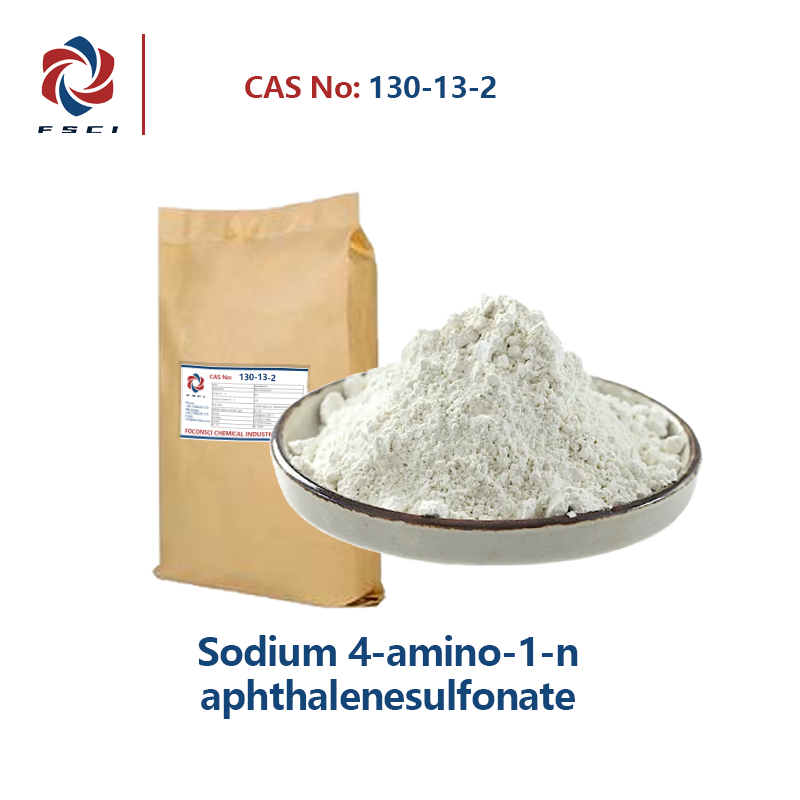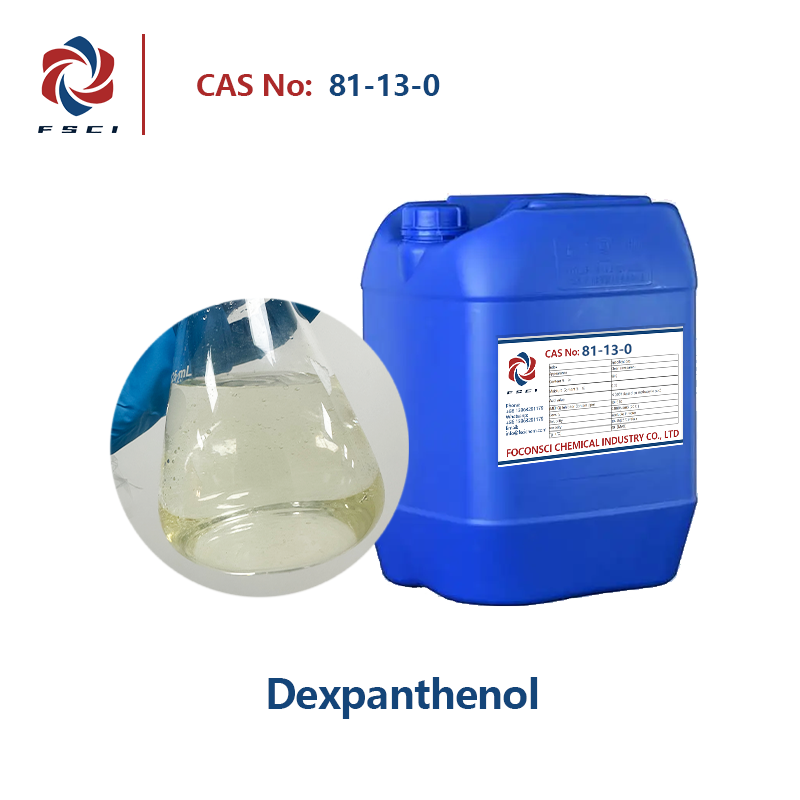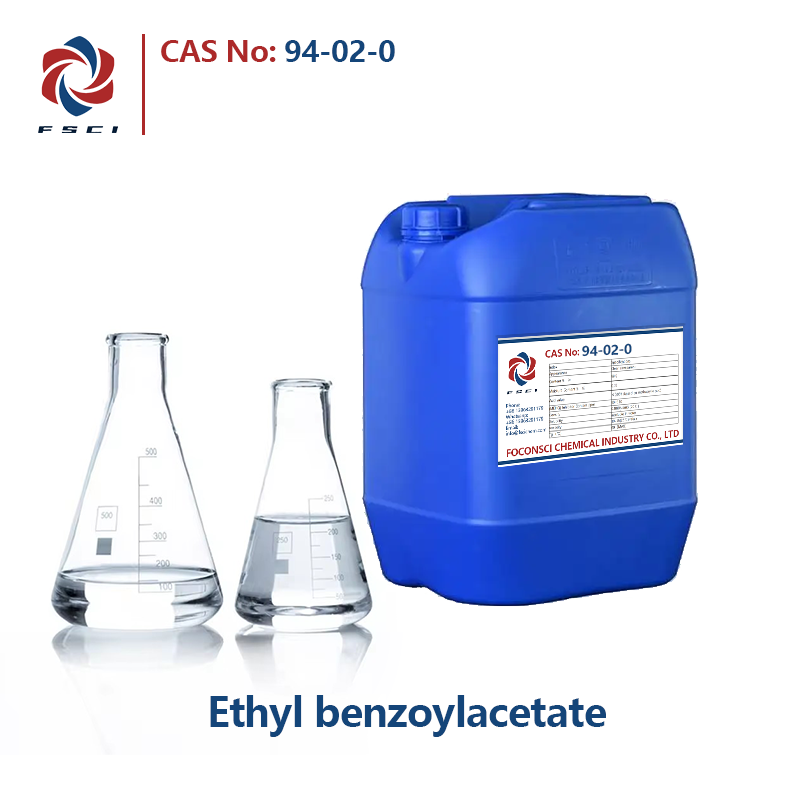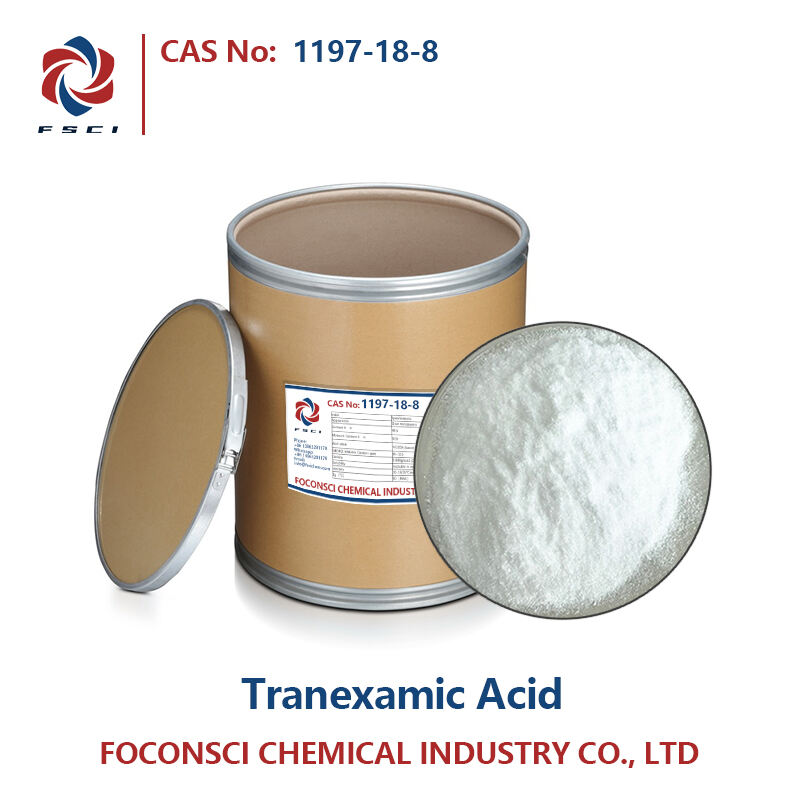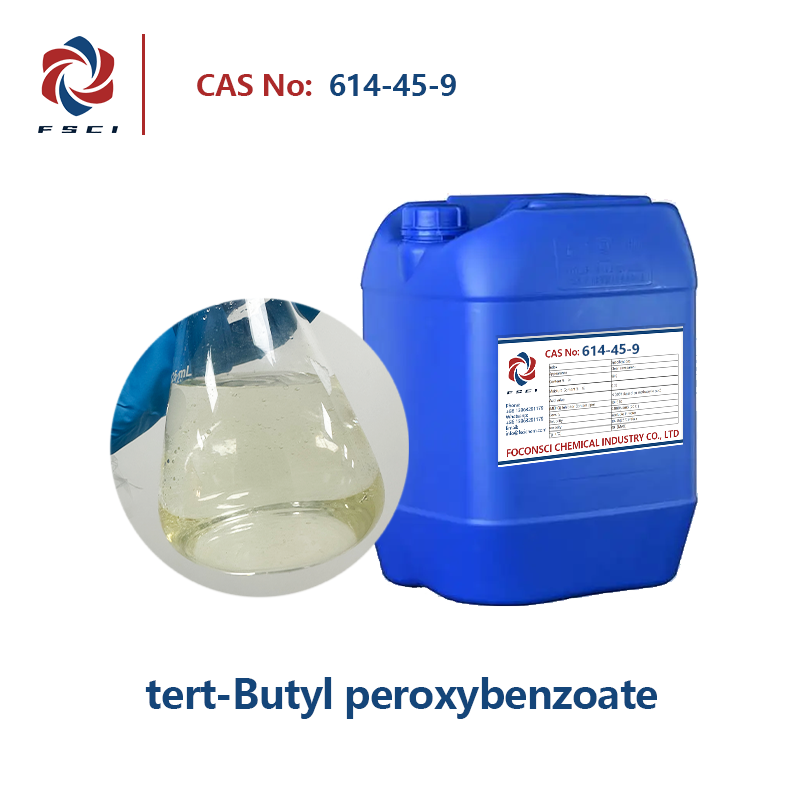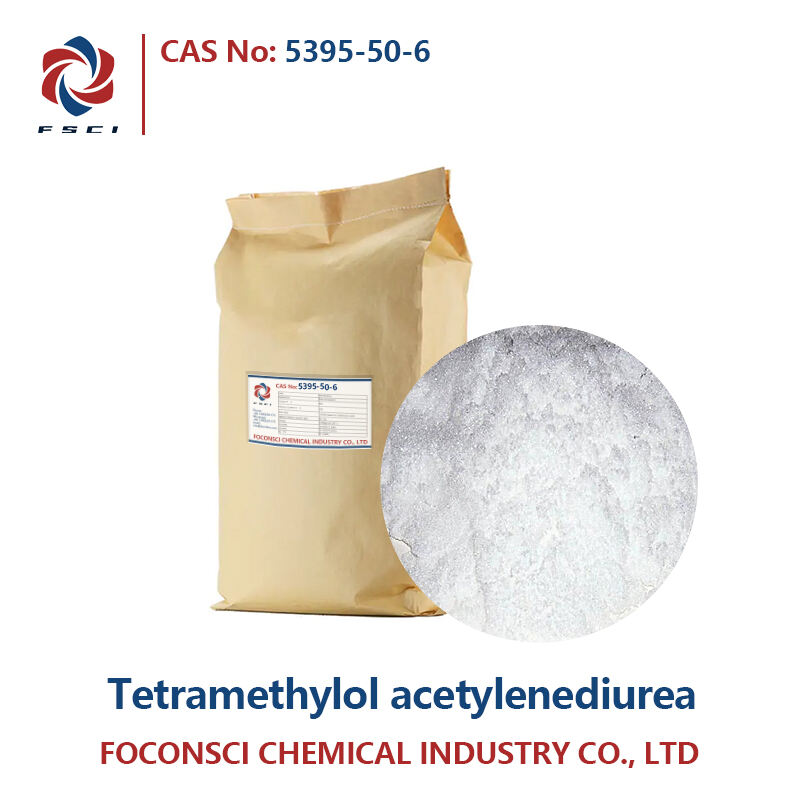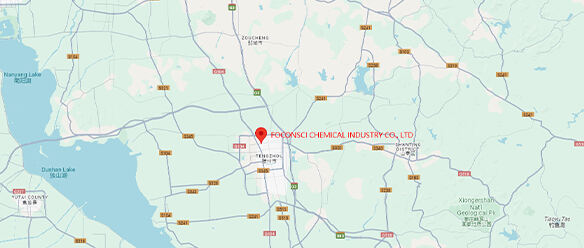Choline Chloride CAS 67-48-1
Chemical name: Choline chloride
Synonymous names:
2-Hydroxyethyl trimethylammonium chloride;
CAS No.: 67-48-1
EINECS No: 200-655-4
Molecular formula: C₅H₁₄ClNO
Purity: 98% or 50% or 70% or other purity
Grade: Feed/Pharmaceutical/Food/Industrial Grade
- Parameter
- Related products
- Inquiry
Structural formula:
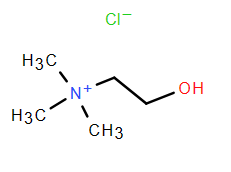
Choline Chloride Description:
Index |
Specifications |
Appearance |
Acicular white crystalline powder |
Content ≥,% |
98 |
Water ≤,% |
0.5 |
PH (10% water solution) |
5.5--7.5 |
Heavy metal(Pb) ≤,% |
0.002 |
Ash content≤,% |
0.05 |
Sterility test |
Qualified |
FSCI Additional purity |
50%;70% |
Physical and Chemical Properties:
Density: ~1.2 g/cm³
Odor: Faint amine-like odor
Molecular Weight: 139.62 g/mol
Melting Point:302-305 °C (dec.) (lit.)
Solubility: Freely soluble in water and partially soluble in ethanol.
What is Choline Chloride (CAS 67-48-1)?
Choline Chloride (CAS 67-48-1) is a water-soluble quaternary ammonium salt used primarily as a nutritional source of choline in animal feed, human dietary supplements, and pharmaceutical preparations. It is also known as a B vitamin or Vitamin B4 and is an essential and fundamental component in a wide variety of organisms.
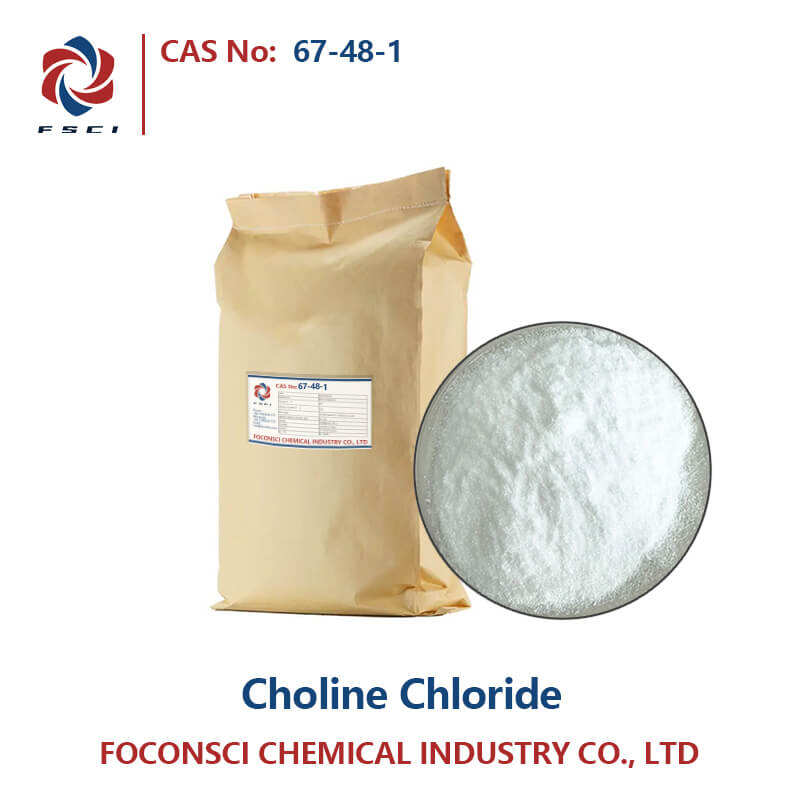
What is Choline Chloride (CAS 67-48-1) used for?
Animal Nutrition and Feed Additives
Choline chloride is a functional feed additive, mainly added to compound feeds for laying hens, broilers, pigs, cattle, etc.
It helps to improve the efficiency of fat metabolism and enhance animal immunity, thereby achieving the effect of weight gain and improving reproductive performance.
Studies suggest that adding 500-1000 mg/kg of choline chloride to poultry feed may improve feed conversion rates by approximately 12-18% under optimal conditions.
Dietary Supplements
Choline chloride is also known as vitamin B4. As a precursor of acetylcholine, choline chloride can maintain the normal function of the brain and nervous system, enhance memory, concentration and clarity of thinking.
In nutritional supplements, it can enhance cognitive ability and participate in fat metabolism and liver function maintenance.
A daily intake of 550 mg of choline can reduce the risk of non-alcoholic fatty liver disease (NAFLD) by up to 30%.
Pharmaceutical Preparations
Pharmaceutical grade choline chloride participates in the synthesis of choline ester drugs, such as acetylcholine and its analogs, and can be used in prenatal vitamins, neuroprotectants and metabolic therapy preparations.
It helps to generate methyl groups, which is essential for DNA methylation and fetal brain development.
It is often used with folic acid and vitamin B12 and is key to epigenetic support therapy.
Agrochemical and Industrial Uses
In the agrochemical sector, choline chloride can be used as a plant stimulant and nutritional enhancer, especially in hydroponic and artificially controlled agricultural systems.
As a component of deep eutectic solvents (DES), e.g. mixed with urea for green chemistry processes.
Where to supply Choline Chloride?
Foconsci Chemical Industry supplies choline chloride in various concentrations and grades (e.g. feed grade/pharmaceutical grade/food grade/industrial grade) in bulk and provides chemical solutions.
Sample supply:1–5 KG samples available upon request (paid)
Standard Packaging:25KG/bag
OEM Packaging:B2B customers can do private labeling, logo printing and product mixing
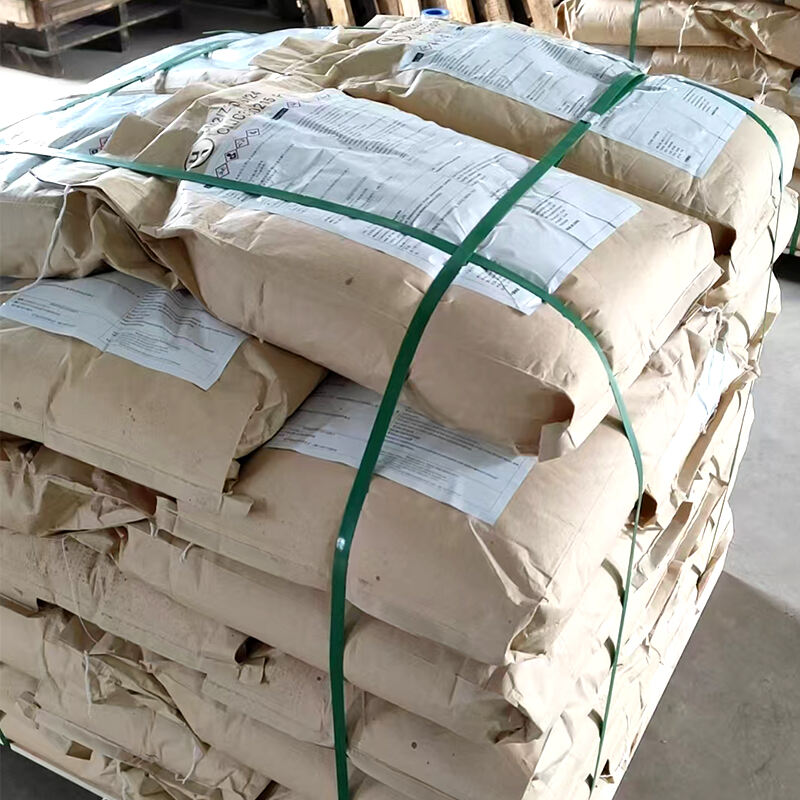
Storage Conditions:
Choline chloride must be stored in a sealed, dry, cool environment to maintain its stability.
Avoid contact with acids or oxidizing agents.
Shelf life is 24 months under recommended storage conditions.
Safety Data:
INHALATION: May cause slight irritation - operate in a well ventilated area.
HANDLING PROTECTION: Wear gloves and a dust mask for prolonged contact.
TRANSPORTATION CLASSIFICATION: Not classified as hazardous according to IATA/IMDG/UN standards.
FAQ:
Q: What is the difference between 50%, 70% and 98% choline chloride?
A: These refer to the concentrations in different formulations. 50% and 70% are usually used in premixes, while 98% is in pure crystalline form.
Q: Can choline chloride be used in all types of livestock feeds?
A: Yes, feed grade choline chloride is suitable for poultry, pigs, cattle, sheep and aquaculture feeds. Dosages vary by species.
Q: What is the optimal amount to add to poultry feed?
A: The usual dose is 500-1000 mg per kg of feed; the actual amount to add depends on the nutritional composition of the base diet.
Q: Can your choline chloride be used in prenatal supplements?
A: Yes, FSCI also supplies pharmaceutical grade choline chloride, which is suitable for human consumption, but must be approved by local regulatory authorities.


 EN
EN
 AR
AR
 BG
BG
 HR
HR
 CS
CS
 DA
DA
 NL
NL
 FI
FI
 FR
FR
 DE
DE
 EL
EL
 HI
HI
 IT
IT
 JA
JA
 KO
KO
 NO
NO
 PL
PL
 PT
PT
 RO
RO
 RU
RU
 ES
ES
 SV
SV
 TL
TL
 IW
IW
 ID
ID
 LV
LV
 LT
LT
 SR
SR
 SK
SK
 VI
VI
 HU
HU
 TH
TH
 TR
TR
 GA
GA
 CY
CY
 KA
KA
 LA
LA
 MN
MN
 KK
KK
 LB
LB


